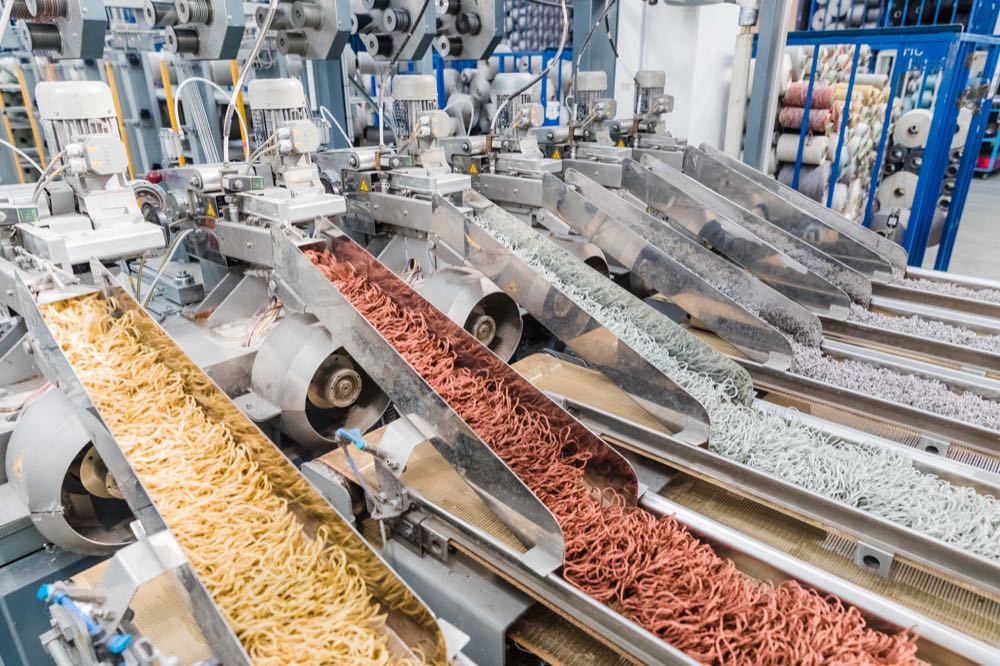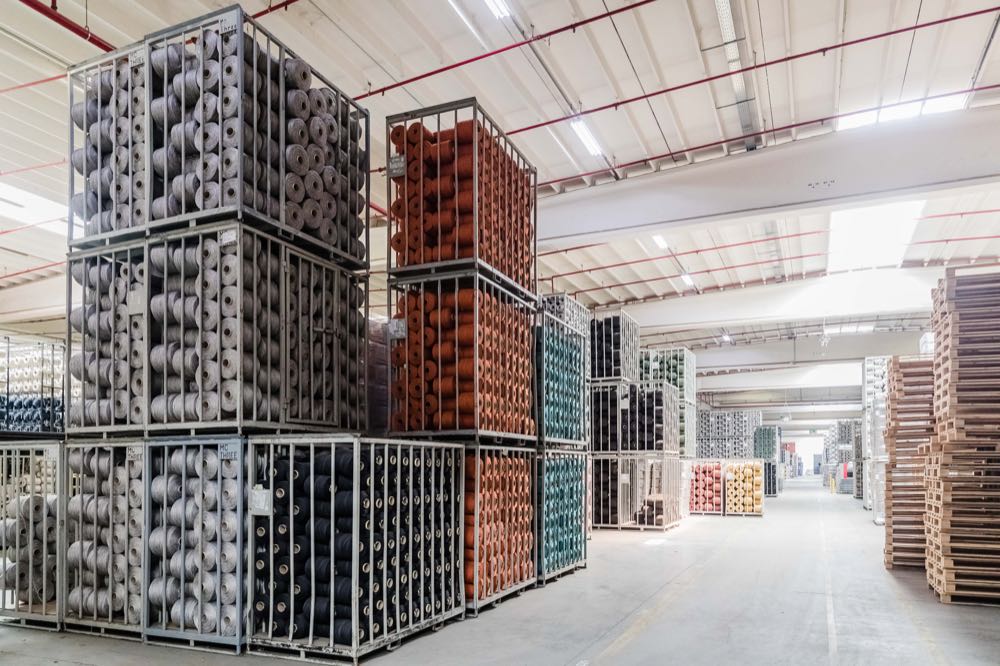02.03.2021
Prices for machine-woven carpets are rising, in some cases massively
* Updated on 4 March 2021*Prices are currently rising sharply in the machine-weaving sector. Carpet Home spoke to leading suppliers about the background of this development. "Prices are going crazy and are changing practically every day," several manufacturers report unanimously. The main reasons for this are the rising costs of primary products and transport, which have been going up for several months now. On top of this, there is an increasing demand for PP granulate by the plastics processing industry in general – especially in China, but also in the US.
At the same time, there has been a growing demand for machine-made rugs since the beginning of the pandemic, especially online and especially in Europe and the US. "This has created a situation where the global demand exceeded the available supply," we heard from a big international supplier.
The Chamber of Commerce for Machine Weavers in the Turkish machine-weaving stronghold Gaziantep (Gaziantep Halicilar Dokumacilar ve Benzeri Esnaf Odasi) recommends a price increase of at least 28.8% for machine-woven carpets and 44% for tufted carpets. Accordingly, suppliers of machine-woven carpets are adjusting their sales prices and shortening the validity period of their price lists. Generally, the price increase was said to have ranged on average between 5% to 10% or more.
The reasons for the rising production costs are manifold. Especially when it comes to logistics, the pandemic is turning the cost screw vigorously: it is no secret that closed borders, transport congestion and the rising oil price are slowing down the flow of goods or bringing them to a complete standstill. "The freight price for a container has more than tripled," we heard from one supplier.
Suppliers of machine-woven rugs recorded by far the strongest price increase for polypropylene. Some fully integrated producers (which make their own yarn) were able to avoid the bottlenecks by profiting from stock on hand. But by March/April at the latest, prices will probably rise here, too: an increase of 8 to 20 % has been mentioned. After all, PP granulates (mainly from Saudi Arabia) have to be purchased for, and transported to, the yarn spinning mills. These PP granulates are made of and transported with the help of oil. To make matters worse, suppliers are said to be shutting down their capacities because there are not enough containers available for export. Many are stuck in US ports for a long time, also because of a shortage of labour due to the pandemic. At the same time, there is talk of setting up new granulate production facilities, which should ease things. This is not least due to the trade deficit between China and the USA, for example. China has overcome the pandemic relatively quickly and quickly got back into producing and exporting goods. Moreover, with the prospect of shops reopening soon, demand has risen and is rising. The current opening of the US towards China also plays an important role. As a result, containers are piling up in the ports of the consumer countries, where there is also a shortage of labour. In addition, granulate production was severely curtailed at the beginning of the Corona crisis. It is gradually being ramped up again, which should ease the situation (30 to 40 % are still idle). There is hope, however, that the situation will stabilise by the middle of this year.
Viscose is becoming increasingly popular as pile material for machine-woven carpets; here, too, prices have risen significantly in recent months. Carpet backing, which is made of jute fabric, is also a big factor in the equation. The harvests in the main jute-growing countries Bangladesh and India have been disappointing in 2020 – this is reported by the Hamburg-based natural fibre supplier WGC Natural Fibres Worldwide in its jute market reports, most recently for the month of January 2021: "This season has been characterised by continuously rising prices, and new market price records have been set month after month." Moreover, due to the unstable market situation, some yarn spinners would not stick to the agreements made beforehand. Especially carpet-backing fabrics had again become 8 to 10 % more expensive in January alone.
"We are prepared to lower our prices as soon as the market returns to normal," a large machine weaver told Carpet Home. With direct-business customers, it is possible to react on a daily basis, whereas in the case of stock collections, price adjustments will take longer.
Carpet Home-Newsletter: Click here for free newsletter subscription
Folgende Artikel könnten Sie auch interessieren
[25.01.2022][22.12.2021]
[29.11.2021]
[05.11.2021]
[01.11.2021]
[27.10.2021]
[19.10.2021]
[19.10.2021]
[18.10.2021]
[18.10.2021]

